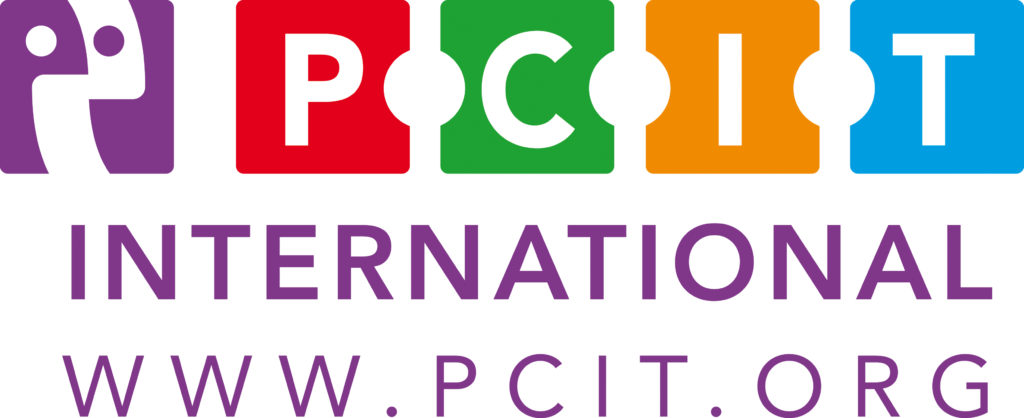Child-Parent Relationship Therapy (CPRT): A Transformative Approach for Children with Neurodivergence and Trauma Backgrounds
Parenting a child with ADHD, autism, or a history of trauma comes with unique challenges. Emotional outbursts, difficulty following instructions, struggles with social connections, and sensory sensitivities can leave parents feeling overwhelmed and uncertain about how to help.
Traditional discipline methods may not always work, and children may struggle to communicate their needs through words. Child-Parent Relationship Therapy (CPRT) provides a powerful, evidence-based way for parents to strengthen their connection with their child, helping them feel understood, valued, and emotionally secure—all through the healing power of play.
What is CPRT?
Child-Parent Relationship Therapy (CPRT) is a structured, play-based intervention that teaches parents how to use therapeutic play techniques to enhance their child’s emotional regulation, self-esteem, and social skills. Developed by Dr. Garry Landreth, CPRT is rooted in child-centered play therapy and is designed to strengthen the parent-child bond, which is critical for a child’s overall well-being.
🔹 CPRT is research-based, showing improvements in behavior, emotional expression, and attachment security for children with ADHD, autism, and trauma backgrounds.
🔹 Parents receive weekly training to learn play therapy techniques and apply them in specialized 30-minute play sessions at home with their child.
🔹 The goal is to create a safe, accepting space where children can express their emotions, reduce anxiety, and build self-control through play.
Why CPRT is Especially Beneficial for Children with ADHD, Autism, and Trauma Histories
Children with neurodevelopmental differences or past trauma often experience:
✔ Struggles with emotional regulation (frequent meltdowns, impulsivity, or withdrawal).
✔ Sensory sensitivities (overstimulation, difficulty with transitions).
✔ Attachment challenges (difficulty trusting caregivers, fear of abandonment).
✔ Trouble with social skills (difficulty understanding emotions, resisting connection).
CPRT provides a structured but flexible approach that helps children feel safe while allowing parents to meet their child’s individual emotional and behavioral needs.
🔹 CPRT for Children with ADHD
Children with ADHD often struggle with impulsivity, frustration tolerance, and hyperactivity. CPRT helps by:
✅ Teaching parents how to use reflective listening to help children feel heard.
✅ Encouraging predictability in play sessions, which supports self-regulation.
✅ Providing an outlet for big emotions without shame or punishment.
✅ Strengthening attention and connection through one-on-one, distraction-free play.
🔹 CPRT for Children with Autism (ASD)
Children on the autism spectrum may have challenges with sensory processing, communication, and social-emotional reciprocity. CPRT benefits them by:
✅ Providing non-verbal and sensory-friendly ways to communicate emotions.
✅ Encouraging predictable and structured interactions that feel safe.
✅ Helping parents understand their child’s unique way of expressing emotions.
✅ Supporting the development of flexibility and coping skills in a low-pressure environment.
🔹 CPRT for Children with Trauma Backgrounds
Children with trauma histories often exhibit hypervigilance, withdrawal, aggression, or difficulty trusting caregivers. CPRT helps by:
✅ Establishing a secure, predictable relationship through consistent play sessions.
✅ Allowing children to process emotions safely without being forced to verbalize trauma.
✅ Teaching parents how to respond to emotional outbursts with empathy rather than control.
✅ Reducing fear-based behaviors by reinforcing trust and safety in the parent-child bond.
What Parents Can Expect from CPRT
🔹 A Shift from Control to Connection
Parents learn to respond to behaviors with understanding rather than punishment, fostering a sense of safety and trust.
🔹 Less Emotional Outbursts & More Regulation
Children gain confidence in expressing emotions, reducing the need for meltdowns or shutdowns.
🔹 Strengthened Parent-Child Relationship
Children begin to feel safe, valued, and emotionally secure, leading to improved behavior and attachment.
🔹 Increased Parental Confidence
Parents feel more equipped to handle challenging behaviors, reducing stress and frustration at home.
Evidence-Based Outcomes of CPRT
Extensive research supports CPRT’s effectiveness for diverse populations, including children with ADHD, autism, and trauma histories:
📌 For ADHD – CPRT has been shown to reduce impulsivity and increase attention span, helping children develop self-regulation skills (Bratton et al., 2006).
📌 For Autism – Studies show that CPRT enhances social interaction, emotional expression, and parent-child attunement in children on the spectrum (Garza & Bratton, 2021).
📌 For Trauma – CPRT helps children feel safer in relationships, reduce anxiety, and express emotions in healthier ways (Smith & Landreth, 2015).
Final Thoughts: A Path Toward Healing and Connection
For children with ADHD, autism, or trauma backgrounds, feeling understood and supported is the key to emotional growth and behavioral stability. CPRT provides parents with the tools and confidence to connect with their child, reducing frustration while fostering a deep, meaningful relationship.
If your child is struggling with emotional or behavioral challenges, CPRT can be a game-changer in helping them thrive. Consider reaching out to a trained play therapist to explore how CPRT can work for your family. www,mystarpsychology.com



